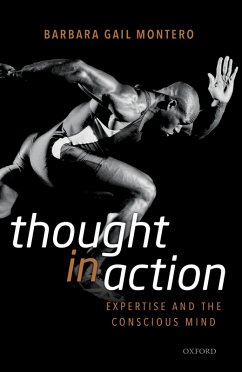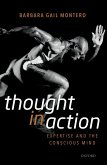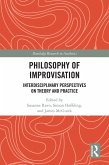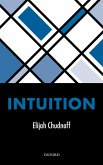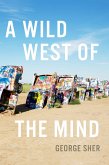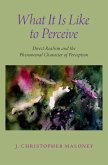How does thinking affect doing? There is a widely held view--both in academia and in the popular press--that thinking about what you are doing, as you are doing it, hinders performance. Once you have acquired the ability to putt a golf ball, play an arpeggio on the piano, or parallel-park, reflecting on your actions leads to inaccuracies, blunders, and sometimes even utter paralysis--that's what is widely believed. Experts, according to this view, don't need to try to do it; they just do it. But is this true? After exploring some of the contemporary and historical manifestations of the idea that highly accomplished skills are automatic and effortless, Barbara Gail Montero develops a theory of expertise which emphasizes the role of the conscious mind in expert action. She aims to dispel various myths about experts who proceed without any understanding of what guides their action. (For example, that proverbial chicken sexer who can't explain why he makes his judgments? He simply doesn't exist.) Montero's critical task also involves analyzing research in both philosophy and psychology that is taken to show that conscious control and explicit monitoring of one's movements impedes well practiced skills. She explores a wide range of real-life examples of optimal performance-culled from sports, the performing arts, chess, nursing, medicine, the military and elsewhere-and draws from psychology, neuroscience, and literature to offer a refreshing and persuasive view of expertise, according to which expert action generally is and ought to be thoughtful, effortful, and reflective.
Dieser Download kann aus rechtlichen Gründen nur mit Rechnungsadresse in A, B, BG, CY, CZ, D, DK, EW, E, FIN, F, GR, HR, H, IRL, I, LT, L, LR, M, NL, PL, P, R, S, SLO, SK ausgeliefert werden.

